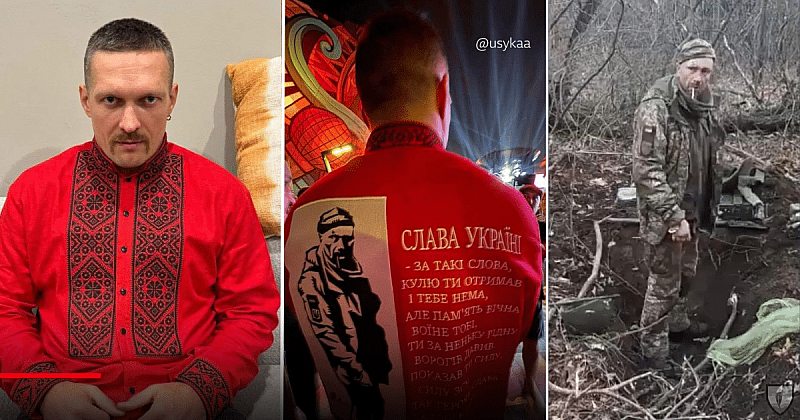#RELEASED #Sweden #press #freedom #issue
SLAPP The government wanted exemptions with regard to national security.
The other week I attended a book presentation by Paul Caruana Galizia in Brussels. the book, A Death in Malta, is a biography of the author’s mother Daphne. As a journalist, she investigated corruption in Malta: the links between organized crime, prominent businessmen such as hotel and casino magnate Yorgen Fenech, and the country’s politicians. But her revelations also exposed her to threats, which ultimately resulted in her assassination in October 2017 in a bomb attack.
Just a few months after Daphne’s murder, journalist Ján Kuciak was shot dead in his home outside Bratislava. Like Daphne, he had scrutinized the corruption in his home country. Especially the oligarch Marian Kočner’s business and the Italian mafia’s connections to high-ranking people in Robert Fico’s government. Kočner was charged with ordering the murder, and the scandal brought down Fico’s government.
The attempt should be seen as part of a pattern where freedom of expression and the press are restricted
These events gave rise to a series of legislative initiatives in the EU, the most important of which are the Anti-SLAPP Directive and the Media Freedom Act. The Anti-SLAPP Directive protects journalists from arbitrary court proceedings aimed at intimidating and silencing critical scrutiny of those in power, while the Media Freedom Act aims, among other things, to protect editorial independence.
Against this background, it is noteworthy that meeting notes from the Council of Ministers on 23 November 2023 show that Sweden, together with countries such as France, Greece and Malta, tried to introduce an exception in Article 4(2) of the Freedom of the Media Act, which would allow surveillance of journalists with regard to national security .
The attempt should be seen as part of a pattern where freedom of expression and the press are restricted with reference to law enforcement and national security. One example is the Foreign Espionage Act, which entered into force at the turn of the year 2023. Namely, the law makes journalists liable to punishment for unauthorized positions with secret information within the framework of a collaboration with another state or intergovernmental organization. Source protection is weakened, freedom of communication is compromised, and the possibilities of using secret data reading and interception are expanded.
Early in the morning of September 19, 2023, French journalist Ariane Lavrilleux got to experience how such legislation can be applied. Accompanied by a judge, French intelligence searched her apartment, computer and cellphone for secret documents she had cited in its investigation into suspected intelligence involvement in extrajudicial killings of civilians on Egypt’s border with Libya. Lavrilleux herself was detained and questioned in an attempt to get her to reveal her sources, and if found guilty of breaching confidentiality, she could face up to five years in prison. Now Swedish journalists can also be affected by this.
Around the same time, Kočner was cleared of all suspicion of having ordered the assassination of Kuciak, and soon after, the pro-Russian populist Fico was re-elected as prime minister. One of the first things he did was abolish the special anti-corruption agency.
As for Sweden, it is ominous that a country that boasts the world’s first press freedom regulation with this action in the media freedom law joins countries like Cyprus and Greece, ranked 84 and 107 respectively out of 180 in Reporters Without Borders’ press freedom index.
Fortunately, the exception did not go through. But it is, as the organization Civil Rights Defenders writes in its report of the same name, above all the whole that worries. Individually, such laws may not pose a threat to democracy. But limited transparency, criminal liability for journalists, and secret wiretapping risk, along with other restrictions, seriously undermining the freedoms and rights we have taken for granted.
Egil Sturk, is an intern at Dagens Arena from Aftonbladet’s editorial writer training.









